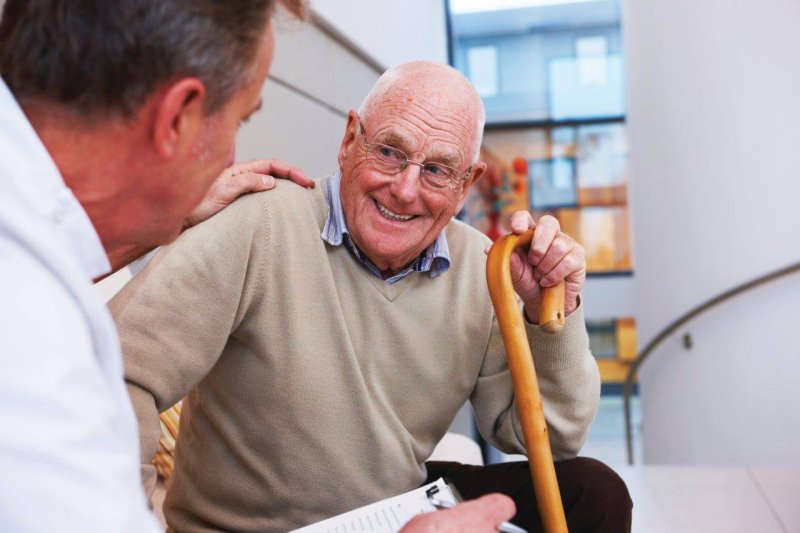Although some of my patients are still working full time or traveling the world in their 70s and 80s, I usually see patients who have accumulated a number of serious illnesses, need to take multiple medications, and can no longer manage their daily activities without help. These patients, whose life expectancies tend to be less than 10 years, are unlikely to reap a benefit from cancer screening and are at increased risk of experiencing short-term harms and burdens, including complications from screening and follow-up tests, over-diagnosis and over-treatment of clinically unimportant cancers, diverted attention from other health priorities, and psychological stress.
…
To explore what older patients and their doctors think about stopping cancer screening, several colleagues and I interviewed 40 older adults and 28 primary care clinicians.
…
There are several take-home messages from this work. One is that many older adults are willing to stop routine cancer screening when it makes sense to do so, especially when they trust their doctors. Another is that not all older adults may want to hear about life expectancy when thinking about cancer screening, and framing the decision as a shift in health priorities may be a better approach.
Read full, original post: Some people should stop being screened for cancer. Convincing them isn’t always easy































